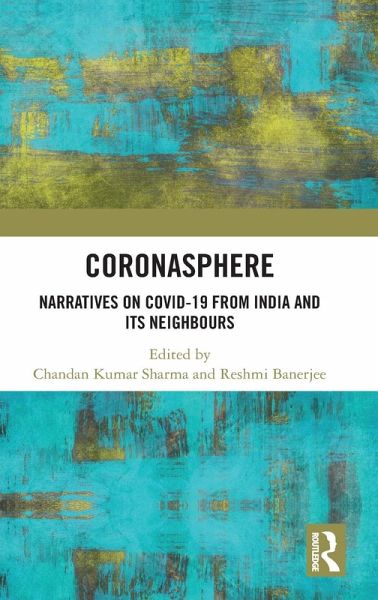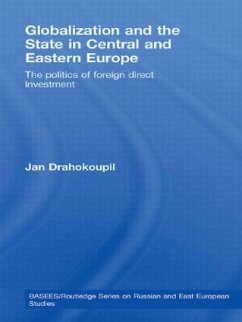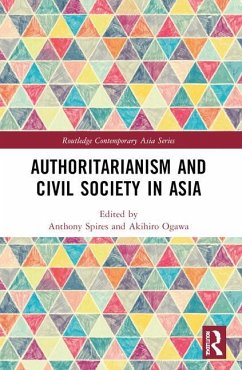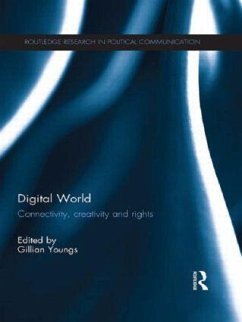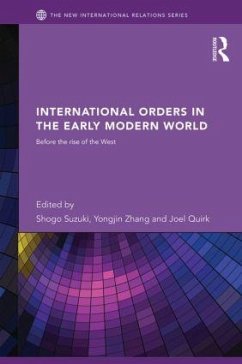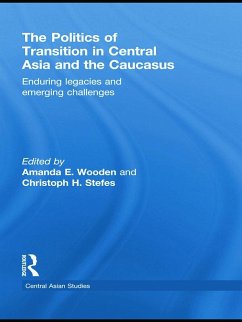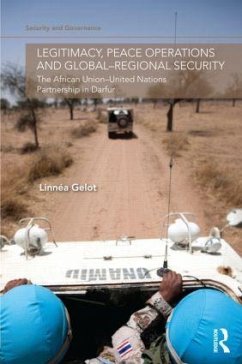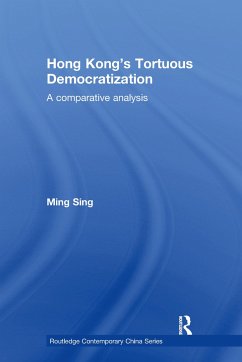Reshmi Banerjee is a political scientist based in London, UK and is currently a visiting research fellow at the Institute of Social Sciences, New Delhi, India. She was previously an academic visitor at the Asian Studies Centre (Programme on Modern Burmese Studies) in St Antony's College, University of Oxford, a research associate at the School of Oriental and African Studies (SOAS), University of London, a post-doctoral fellow at the department of international relations, University of Indonesia (UI) and a researcher in the Indonesian Institute of Sciences (LIPI), Jakarta. She has been a visiting professor in Jamia Millia Islamia and a fellow in the Rajiv Gandhi Institute for Contemporary Studies and has taught in Delhi University and in the University of Indonesia. She completed her MA, M. Phil and Ph. D from the Centre for Political Studies (CPS), Jawaharlal Nehru University (JNU), New Delhi. With a specialization in food security, agricultural policies and cross-border studies on the Indo-Myanmar region, she is the author of Land Conflicts across Frontiers: Contested Spaces in Myanmar and North East India (2018), and has co-edited three books: Fixed Borders, Fluid Boundaries - Identity, Resources and Mobility in Northeast India (Routledge, 2020), Gender, Poverty and Livelihood in the Eastern Himalayas (Routledge, 2017) and Climate Change in the Eastern Himalaya: Impact on Livelihoods, Growth and Poverty (2015). She also has a Masters in museum cultures from Birkbeck, University of London and has worked as a volunteer with the London Museum of Water and Steam. In 2022, she published 12 Months (a short memoir) and Potpourri: Yearning and Learning ( a collection of essays on travel). Chandan Kumar Sharma is Professor of Sociology at Tezpur University. He did his B.A. from Cotton College, Guwahati and M.A., M.Phil. and Ph.D. from Delhi School of Economics, Delhi. His research areas include development, environment, urbanization, migration and identity politics with special reference to northeast India and he has published his works in various journals and edited volumes. He was a Charles Wallace Visiting Fellow to Queen's University, Belfast in 2008. He has also been a visiting fellow to several Indian Universities including Delhi School of Economics and Jawaharlal Nehru University (JNU). He is the founder editor of Explorations, the e-journal of the Indian Sociological Society. His latest publications include Fixed Borders, Fluid Boundaries: Identity Resources and Mobility in Northeast India (Routledge, 2020) (co-edited).
